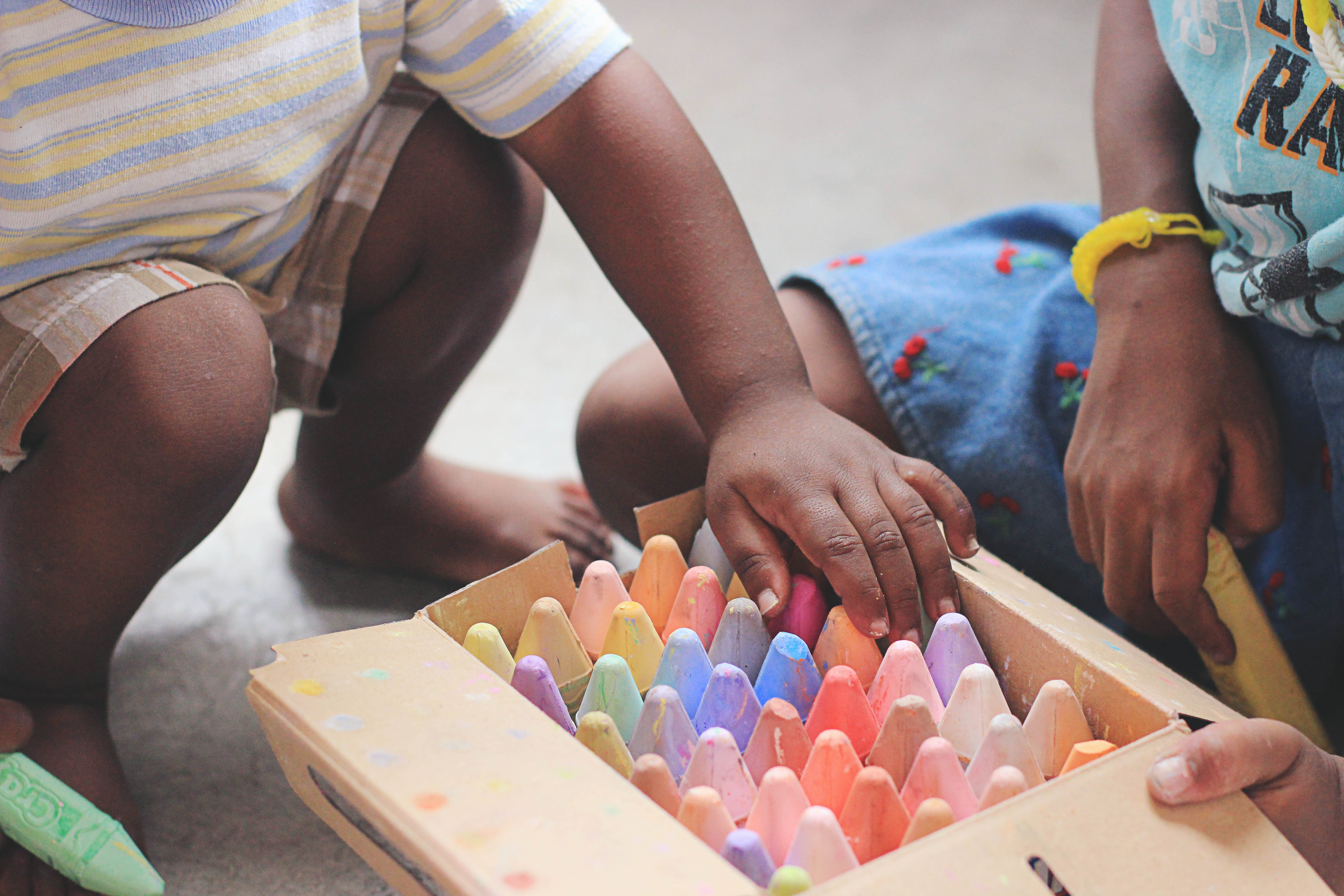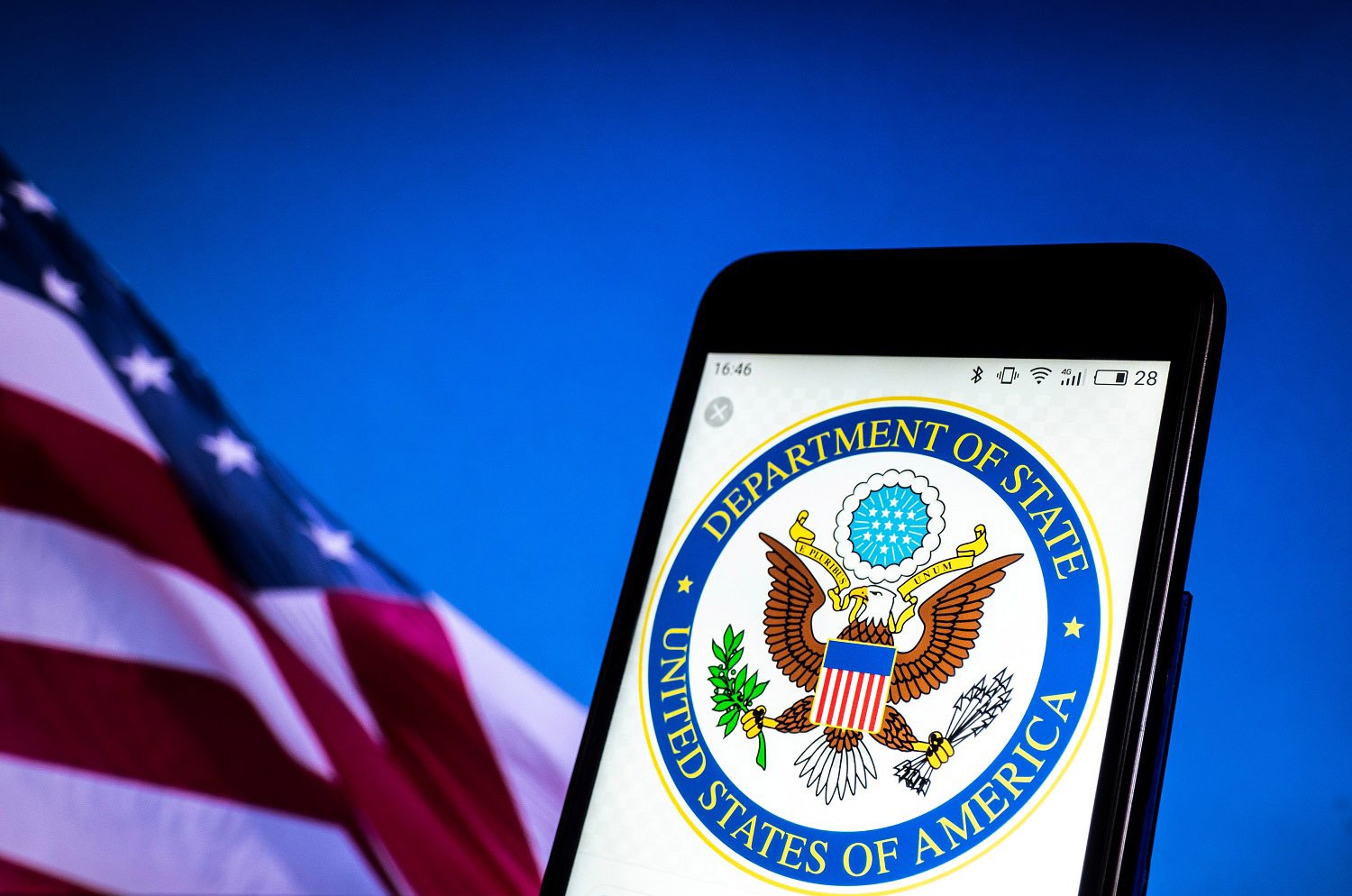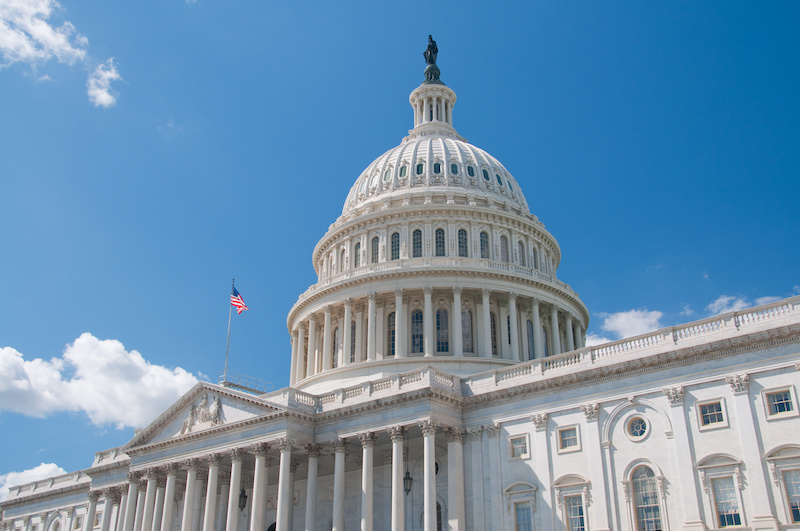Recommended
The past few months have been chock-full of global convenings focused on childcare, with conversations on the topic featured in Washington, DC at the World Bank/International Monetary Fund Annual Meetings, in Tashkent, Uzbekistan at the World Conference on Early Childhood Care and Education, and in Jakarta, Indonesia ahead of the G20 Summit. Most recently, the Center for Global Development hosted two conferences—the first is the Bali Care Economy Dialogue, a collaborative effort with The Asia Foundation and other partners alongside the G20, and the second our annual Birdsall House Conference on Gender Equality, this year focused on childcare and wider early childhood development investments. Along the way, Sumitra Mishra, executive director of Mobile Creches in India, has been a key contributor and thought partner. Here we summarize our main takeaways from these recent meetings and propose a way forward with an eye towards 2023.
Bali Care Economy Dialogue: A proposed framework for childcare influencing
From November 12 to 14, CGD, along with The Asia Foundation, the US Department of State, UN Women, the International Development Research Center, the Global Alliance for Care, Oxfam, and the WeProsper Coalition, convened a select group of government officials, private sector representatives, civil society advocates, and researchers to discuss how to promote resilient care systems. We focused on developing evidence-based recommendations aimed at G20, G7, and APEC decision-makers. At the conference’s childcare-focused session, Sumitra proposed the ‘ASPIRE4CARE’ framework, which reflects at a high level what is needed to move the needle on global childcare:
- Awareness: A host of stakeholders must understand what constitutes quality childcare and its long-term positive impacts. Increased awareness will lead to service-seeking and demand-generating behaviors among parents and communities. It will allow governments and the private sector to prioritize quality childcare as they seek to increase women’s workforce participation and sustained human capital development. Increased awareness and understanding will encourage households, communities, and governments to challenge patriarchal norms around unpaid care burden on women, engaging more fathers and men in taking up caregiving responsibilities.
- Services: As awareness of the benefits of quality free and affordable childcare increases, a greater supply of services will be needed to respond to parents’ greater demand. Governments, private sector actors, and community-based organizations will need to work together to fund, implement, and monitor these services. We have a long way to go; at present, 40 percent of children across the world do not have access to childcare, and these gaps are largest in lower-income countries.
- Policy: Governments will need to exercise the political will to translate (currently unfunded) global commitments, such as joining the Global Alliance for Care, into specific, well-resourced national and sub-national policies and frameworks. New policies will be strongest if they consider the needs and benefits across generations—not only for children’s well-being but also to facilitate women’s labor force participation and increased income, including through new job creation in the care sector. The burden of a growing care sector cannot be borne by under-valued, low-paid, unrecognized care workers. Well-designed and implemented policies offer an opportunity to professionalize the care workforce and make sure workers are recognized, fairly compensated, and working in safe conditions. It will be up to employers to adhere to these policies and governments to institute effective oversight mechanisms.
- Investment: Accelerating progress on providing quality childcare will come down to the resources put behind this agenda. National and sub-national governments will need to elevate childcare as a budgetary priority in order to move from small-scale pilots to scaled, sustainable models. Private investors will need to finance the creation and growth of childcare businesses, and employers will need to invest resources to support the childcare needs of their workers. Even in the face of constrained fiscal space, childcare is a cost effective investment, with potentially significant returns for labor force participation, tax revenue, and GDP.
- Regulation: Regulatory mechanisms, especially in countries where services for young children fall outside any existing legal frameworks, will be required to safeguard the protection of young children as well as paid caregivers. A regulatory framework will ensure quality norms and standards for childcare are universally applicable across public, private, and community-based provisions. Regulation systems must be backed by adequate capacity and resources to ensure enforcement and compliance to norms and standards. Community participation, local ownership, and decentralized monitoring mechanisms play an important role in ensuring quality standards are practiced in a context-specific manner.
- Evidence/Equity: There is an urgent requirement to invest in gathering data and disseminating insights in an accessible manner to improve practices and influence policies, and especially to fill evidence gaps in low- and middle-income countries. Evidence in the form of quantitative evaluations, as well as qualitative accounts, are equally critical to capture what is needed and “what works” within specific communities and contexts. Finally, all recommendations we make above—whether related to policy or practice—must be implemented equitably and inclusively. Childcare provision must consider, reach, and benefit the most marginalized women workers and their children to “leave no one behind.”
Birdsall House Conference on Gender Equality: Concrete commitments and 2023 opportunities
On the heels of the Bali Care Economy Dialogue, CGD’s 8th Annual Birdsall House Conference took a deeper dive into how to increase and improve investments in childcare in low- and middle-income countries. Kehinde Ajayi, Shelby Bourgault, and Luis Miguel Galindo presented new and forthcoming research. With those research findings as a foundation, our panel of discussants offered their own forward-looking commitments as well as recommendations for others.
Nabila Aguele, senior advisor to Nigerian Minister of Finance Zainab Ahmed, committed to taking the data and evidence discussed at the conference back to the minister and others in the Nigerian government, and work to identify champions to accelerate public sector investments in childcare:
Jane Sloane, director for gender equality and women’s empowerment at The Asia Foundation, called upon donor governments to support the World Bank’s Invest in Childcare Initiative and other international financial institutions to elevate childcare as a priority. She cited childcare centers run by the Self-Employed Women’s Association as a concrete investment opportunity that can be scaled with donor support:
Bama Athreya, deputy assistant administrator at USAID, committed to disseminating rigorous evidence on childcare to inform USAID programming, in partnership with CGD researchers through forthcoming workshops and events. She also called on other G7/G20 actors to prioritize care, and early childhood development and women’s economic empowerment advocates to work together:
David Evans, Senior Fellow at CGD, urged researchers focused on childcare to prioritize documenting 1) the characteristics of programs’ design 2) the quality of implementation, 3) impacts on children and caregivers, and 4) how much interventions cost. He also identified a number of gaps in the evidence that still need to be filled, including on home-based care and the financial returns to childcare businesses:
The road to 2023
We saw many elements of the ‘ASPIRE4CARE’ framework brought to life through Birdsall House Conference discussions, whether on generating and using rigorous evidence or increasing the financial investments dedicated to this important agenda. Now our eyes are on next year’s G7, G20, and APEC convenings, which offer the opportunity to elevate childcare as a critical development priority among global decision-makers. With India, Japan, and the United States holding G7, G20, and APEC leadership roles, respectively, each government has a chance to highlight their own progress in promoting childcare and calling upon peer governments to follow suite, while also acknowledging the work still left to do by all G7, G20, and APEC partners.
India, for example, began a program of rural childcare centers known as anganwadis in 1975, with the aim of combatting child hunger and malnutrition. Anganwadis provide basic health care in Indian villages, as well as pre-school activities for children, though recent reports suggest they are in need of better financing. The Indian G20 would be an ideal opportunity to increase support for anganwadis, while calling upon the rest of the G20 to launch or deepen efforts to provide and regulate quality, affordable childcare.
Coming out of our conversations in Bali and at CGD’s annual conference, it is clear the G7, G20, and APEC actors should:- Contribute to the World Bank’s Invest in Childcare Initiative, while other international financial institutions increase the emphasis they place on childcare in their investment portfolios
- Increase investments in childcare through their bilateral channels
- Support local civil society practitioners and advocates through these financing streams
- Beyond aid, open up pathways for increased and improved migration for care workers, following the lead of Germany and Canada
To keep the ball rolling, join us on January 12 for an event that will take a deeper dive into 2023’s policy influencing opportunities around childcare and the broader care economy. Register here.
Disclaimer
CGD blog posts reflect the views of the authors, drawing on prior research and experience in their areas of expertise. CGD is a nonpartisan, independent organization and does not take institutional positions.





